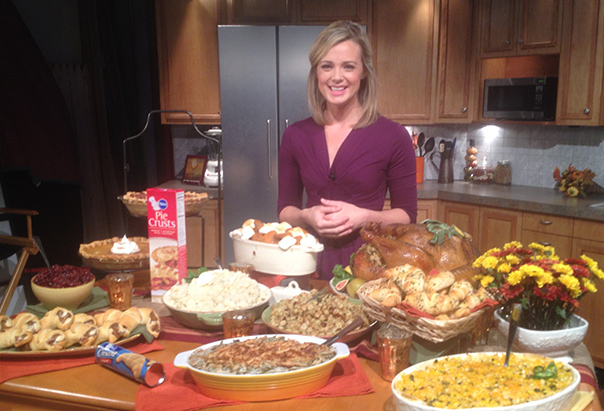Food Consulting & Safety
Food consulting experts don’t just have to know obscure culinary facts like what kind of wine goes with alligator tail (try a Beaujolais Blanc) or how much cayenne pepper to add to the chocolate fondue (just enough to feel on the back of your tongue). They also need be well-versed in food safety.
What’s that, you say? Not a difficult task? Au contraire. Quality food consulting doesn’t just mean knowing general food safety procedures. It means knowing the local, state and federal laws that govern the handling and storing of food. Food consulting is more than just knowing food; it’s knowing the rules about keeping it healthy, and how those rules might change depending on where you are.
In California, for instance, nearly anyone who prepares food for public consumption must become a Certified Hood Handler — meaning they’ve got to receive certification in food safety. A food consulting expert working in California might not have to become certified (particularly if he were visiting from out of state), but he might have to restrict himself to working only with restaurateurs and chefs who were.
Rather than bore ourselves to death by cataloguing food safety laws from around the country, let’s take a look at some of the more widespread fundamentals.
Know your enemy. Every year, about 5,000 people die of foodborne illnesses. Knowing the details about how bacteria like Salmonella, Listeria and E. Coli thrive helps thwart their spread.
Keep up to date. The Food and Drug Administration revises federal laws governing food handling and storage every few years. Good food consulting means keeping current with those updates.
When dealing with a restaurant, http://modafinil200mg.net know the state laws. When a food consultant works with a cookbook publisher or a television production company, general principles and federal laws might apply. Restaurants are under the jurisdiction of state departments of health, however, so knowing the local laws might be in a traveling food consultant’s best interests.
Sometimes, you gotta make your own rules. Some states have been lambasted by consumer groups for having less-than-effective rules regarding the handling and storage of meats. Part of food consulting means coming up with food safety standards that are better than the best around.
Organic food is usually best. Not only does going organic help avoid pesticides and foodborne illnesses, many organic fruits and vegetables contain up to 40 percent more antioxidants than their more conventional equivalents. As a bonus, organics often taste better as well.
Learn the tricks of the trade. Eggs can be safely frozen for up to a year — as long as they’re taken out of their shells first. Good food consulting means knowing semi-obscure facts like this.
Know who does what. Did you know the Department of Defense regulates food eaten by US military personnel? Or that the USDA has a specific branch aimed at keeping livestock animals healthy? Knowing who oversees may help a good food consultant remember the rules.


